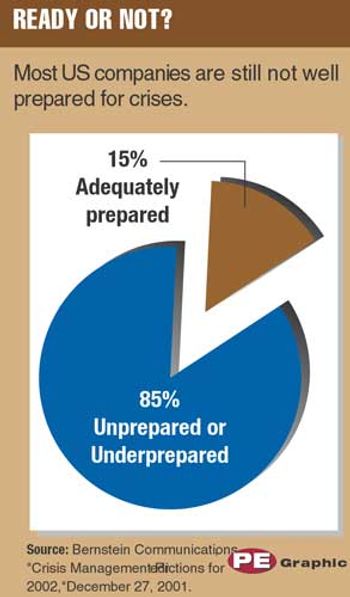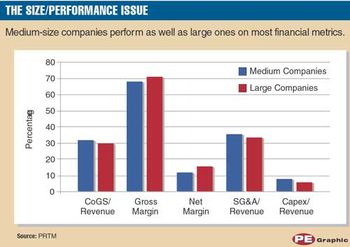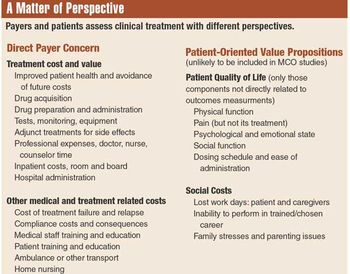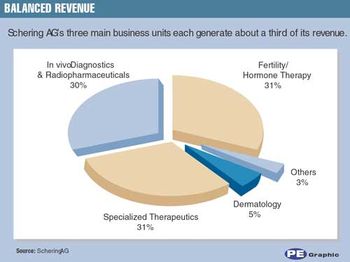
Pharmaceutical Executive
A new mentality is sweeping Wall Street, leaving many companies shell-shocked. The US equity market's worst performance since the crash of the late '80s has many looking for scapegoats. In response, institutional investors are focusing more intently on the underlying earnings power of each company in their portfolio. They are scrutinizing business models with an eye toward a company's ability to generate future cash flows.



